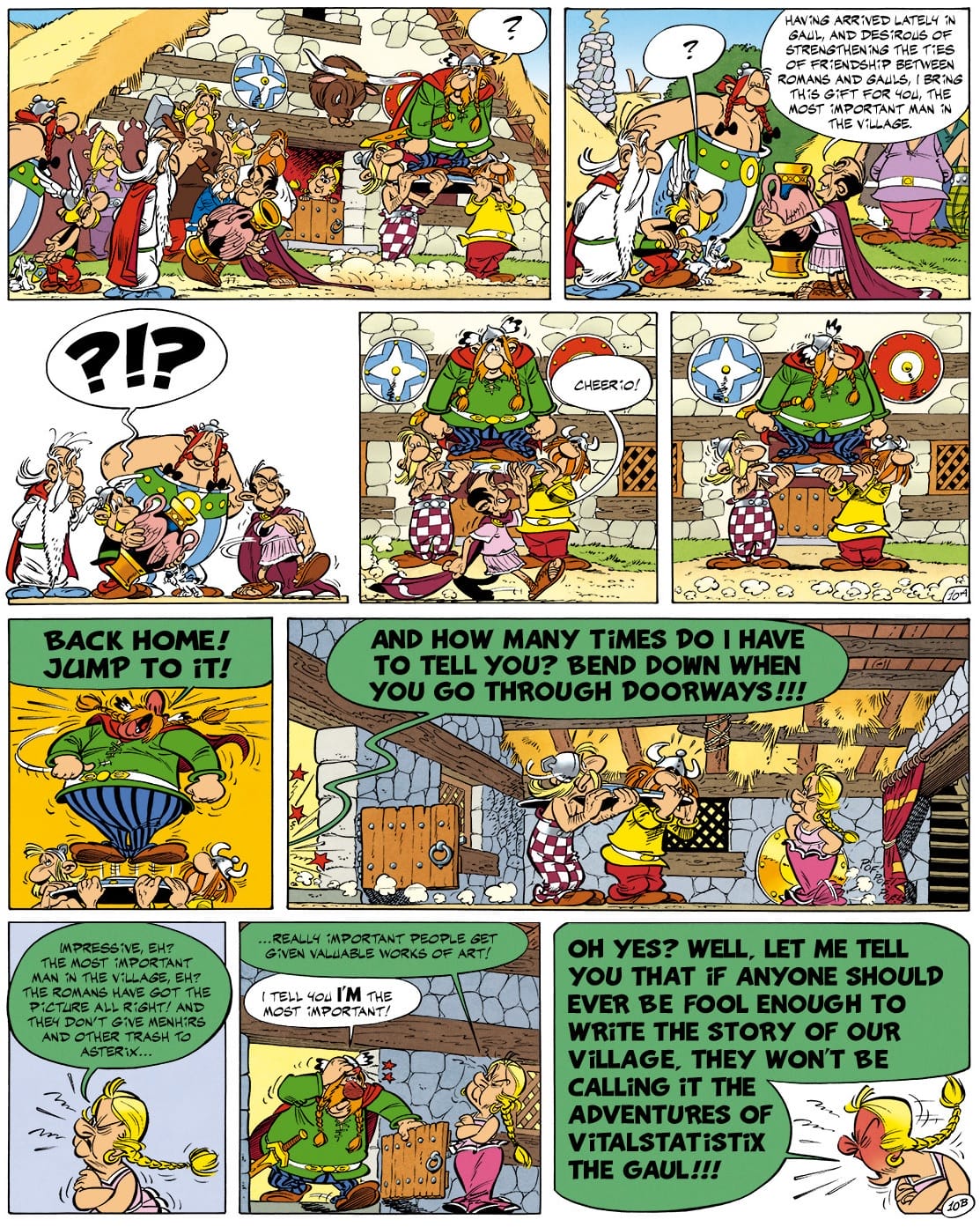This review is written with a GPL 4.0 license and the rights contained therein shall supersede all TOS by any and all websites in regards to copying and sharing without proper authorization and permissions. Crossposted at WordPress & Blogspot by Bookstooge’s Exalted Permission
Title: The Insulted and Humiliated
Series: (The Russians)
Author: Fyodor Dostoyevsky
Translator: Garnett
Rating: 4.5 of 5 Stars
Genre: Classic
Pages: 534
Words: 145K
This was probably the most Russian of the Russian novels I’ve read to date. A fiance dumps the guy for some rich prince, but not because he’s a prince but “because she loves him”. And the main character helps them both. He becomes the shoulder for the woman to cry on when things go hard, he listens to the princeling when he is at his stupidest (all the time), the princeling has zero will of his own and completely lives his life in the moment and by his emotions, the parents of the girl and princeling are suing each other and the main character finds and befriends a sick orphan girl, who dies in the end. The princeling marries someone else and the girl and the main character are left knowing too much has happened for them to ever return together.
Oh man, how can you NOT love something like that? It was distilled misery, like Grade AAA Maple Syrup, but Misery instead. It was glorious and I found myself, on several occasions, pumping my fist in the air and mentally exclaiming, YES, that’s a new low, how can you beat that? And Dostoyevsky must have heard me from the grave, because he kept one upping me.
The story itself is very slow and this was all about the characters interacting. If you want interesting characters, read this. Dostoyevsky knew people and what’s more, he knew how to translate that to the written word. This reminded me very much of a Dickens’ story and I daresay that Dostoyevsky is just as good as Dickens about creating characters and situations.
While I am not sure I would recommend this as an introduction to someone who wants to get into Classic Russian Literature, I would recommend it just to see if they can handle the misery. This book is like a stress test to see if someone can handle CRL in general and not necessarily a test to see if they like CLR. There’s a difference and you need to be able to differentiate between what you can handle and what you like.
★★★★✬
From Wikipedia.org
Natasha leaves her parents’ home and runs away with Alyosha (Prince Alexey), the son of Prince Valkovsky. As a result of his pain, her father, Nikolai, curses her. The only friend that remains by Natasha’s side is Ivan – her childhood friend who is deeply in love with her, and whom Natasha has rejected despite their being engaged. Prince Valkovsky tries to destroy Alyosha’s plans to marry Natasha, and wants to make him marry the rich princess Katerina. Alyosha is a naïve but lovable young man who is easily manipulated by his father. Following his father’s plan, Alyosha falls in love with Katerina, but still loves Natasha. He is constantly torn between these two women, too indecisive and infatuated with both to make a decision. Eventually, Natasha sacrifices her own feelings and withdraws in order for Alyosha to choose Katerina. Meanwhile, Ivan rescues an orphan girl, Elena (known as Nellie), from the clutches of a procuress and learns that her mother ran away from her father’s (Jeremy Smith’s) home with her sweetheart, a man who abandoned her when Nellie’s mother gave birth. It is later revealed that Prince Valkovsky is Nellie’s father. Her parents were legally married, but Prince Valkovsky persuaded his young and innocent wife to rob her father, Jeremy. After moving to Petersburg, Nellie’s mother asks her father for forgiveness, but he rejects them. Before dying, Nellie’s mother makes Nellie promise to never go to her real father, whose name is on a document she leaves her daughter. In an attempt to make Nikolai (Natasha’s father) reconcile with Natasha, Ivan persuades Nikolai and his wife to adopt Nellie. By telling them her life story, Nellie makes Nikolai’s heart soften and he forgives Natasha and removes his curse, and they are reunited. Natasha’s family plans to move from Petersburg, but just before they leave Nellie dies from a chronic heart condition; the little girl makes it clear to Ivan she does not forgive her father for his cruel treatment of her mother. She also tells him he should marry Natasha. The story ends with Nikolai and Natasha considering what a waste everything has been to that point and how they can never be togetherl.










